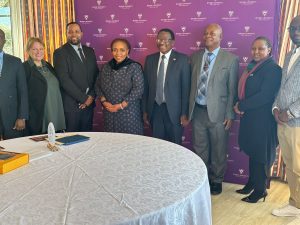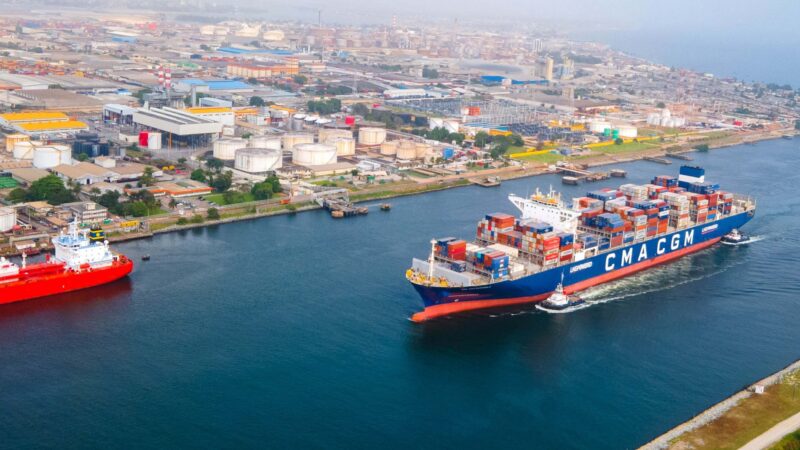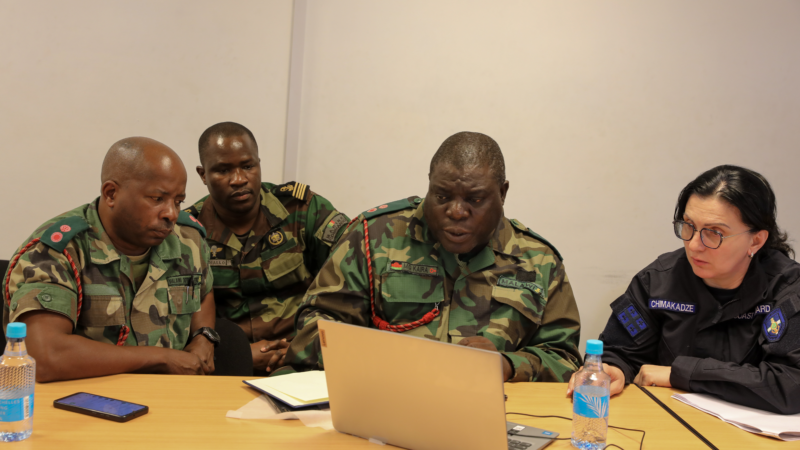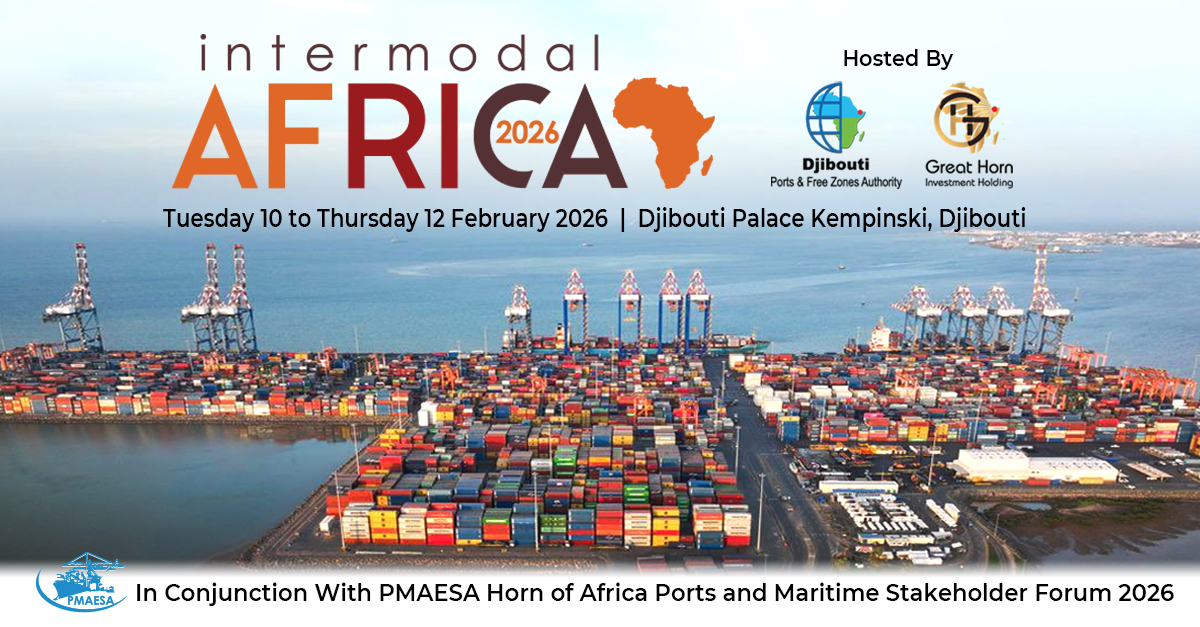Liberian Fisheries Degree Program Gaining International Boost
The government of Liberia through the National Fisheries and Aquaculture Authority (NaFAA) on January 25, 2023 in collaboration with the University of Liberia Administration officially launched the fisheries science degree program at the capitol hill campus of the University with support from the World Bank under the Liberia Sustainable Management of Fisheries project (LSMFP).
The University of Liberia will now begin to administer courses in fisheries science as such, the launched has attracted many students to the University with the aim of obtaining a degree in fisheries science locally.
In an effort to put the Liberian fisheries science degree program on par with other African countries and the world at large, the government through its fisheries authority with support from the World Bank along with the university of Liberia leadership recently initiated discussions with authorities of Rhodes University in South Africa at the start of a study tour.
The Liberian delegation to South Africa was headed by the Deputy Director General for Administration at the National Fisheries and Aquaculture Authority (NaFAA) Hon. Augustine Manoballah, who was accompanied by other senior Directors including Mr. Alexander Dunbar, Director, Fisheries Policy and Planning Department; Mr. Ahmed Sherif, Director, Marine Fisheries & Environment Department; Mr. Solomon Daryoue, Associate Director, Fisheries Policy & Planning Department.
At the same time, the University of Liberia which was also part of the Liberian delegation to South Africa was represented by its president Prof. Dr Julius S. Nelson Jr, who was accompanied by others including, Associate Prof Dr Charles Asumana Sr., Dean, College of Science, Technology, Environment and Climate Change; Asst Prof Dr Alvin S. Jueseah, Chairman/Head of Department of Fisheries & Aquaculture Sciences (DoFAS). The Liberian delegation was also accompanied to Rhodes University by two journalists, Mr. Abraham Wheon Manager of Freedom FM Radio and Mr. Charles Yates publisher of the Integrity Watch Newspaper
Moreover, the World Bank was represented by Mr Shafick Hoossein, Task Team Leader and Senior Environmental Specialist, who is a Rhodes Alumnus, Mr. Hoossein was accompanied by his colleagues Janet Ngegla and Zinnah Mulbah, both Environmental Specialists from Liberia. Mr. Hossein expressed delight to have the opportunity to return to his alma mater with the delegation.
Professor Tony Booth, the Dean of Science at Rhodes University, presented the Faculty of Science, explained to the Liberian delegation that the University offers a formative degree where students specialize in almost any two subject combinations, which differs from the single subject specialization typical of most other universities. “The strength of a Bachelor of Science degree at Rhodes University is you might decide to major in something outside of science faculty. For example, Economics or Law. Rhodes University allows our students to craft a unique degree,” he said.
Although DIFS is the smallest department in the Rhodes University science faculty, Prof Jones explained, “We are not our own; we are in partnership with SAIAB with the focus of training in mineral fisheries and agriculture.” He informed the University of Liberia that DIFS has been tasked by the African Union to take their knowledge and expertise in mineral fisheries and agriculture and use it to inform government policies around Africa.
Prof Warwick Sauer, Prof Amber Childs, Prof Wilbert Kadye and Mr Quraban Rouhan were also in attendance at the meeting from DIFS and were joined by Dr Chakona from SAIAB.
At the same time, Professor Jones explained how DIFS uniquely facilitates their postgraduate degree. “The research question needs to come from stakeholders that will use it. So, they need to be part of conceptualization; we involve our partners in the experimental design. The work usually takes place at the stakeholder’s facility. So, a PhD student will go to the farmer’s laboratory to do and finish their research.”
Following discussions between the Rhodes University team, a networking lunch and a tour of the campus facilities, the delegation had afternoon tea with the Vice-Chancellor, Professor Sizwe Mabizela, and the two Deputy Vice Chancellors, Professor Monnapula-Mapesela, and Dr Kwezi Mzilikazi (Research, Innovation and Strategic Partnerships).
According to a dispatched from South Africa quotes the head of the Liberian delegation to South Africa, Deputy Director General of NaFAA Hon. Augustine M. Manoballah as affirming the full support of the University of Liberia’s partnership with Rhodes University and sees it as an integral part of developing the fishing sector in Liberia.
Also responding, Dr Julius S. Nelson Jr, commended Rhodes University for accepting their partnership request and that of the NaFAA of Liberia.
He said, “We came so that we can learn with you and to help us empower young men and women in our country.”
The UL President explained that the partnership with Rhodes University will steer fishery and agriculture in their country in a brand-new direction.
Dr Nelson Jr said, “We believe from NaFAA that the fishery industry can be a profitable development for our country. Therefore, we need to prepare our youth and recruit the youth into the industry.”
Dr Asumana, Dean of Science, Technology, Environment and Climate Change for the University of Liberia, said they are partnering with Rhodes University because it is the only institution in South Africa with an Ichthyology and Fisheries Science-focused degree. “For the University of Liberia, we have just started developing in this area. This month will be our first time taking our students out to see fish because it is a new department,” he said.
Dr Jueseah, Head Department of Fisheries and Aquaculture Sciences at the University of Liberia, added that Liberia still have much to do, including training their science faculty.
He said, “through this partnership with Rhodes University, we look forward to collaborative research between the students, faculty exchange, student exchange and some of our students finishing their degrees at Rhodes University. So, in the end, we can try to support the optimization of the Liberian Fishing Industry.”
The University of Liberia hopes to close all the Fishing and Agriculture Industry gaps with the help of Rhodes University and the SAIAB. Both parties want to ensure that their industries are open to accommodate other sectors so that there is development in their aquatic systems. Rhodes University’s DIFS has 33 international connections worldwide.
During the study tour, two separate memorandums of understanding were signed. A Memorandum of Understanding signed between the University of Liberia and the University of South Africa. The MoU will seek to strengthen cooperation in areas of research, training and faculty exchange and a Memorandum of Understand was signed between the University of Liberia and Rhodes University. The areas of collaboration include, program development and curriculum review, external examination, Joint Research and Publication. It will also include exploration and collaboration at course level, Staff and student exchange, Staff capacity development, Study Visits, visiting Lectureship and seminars and ultural exchanges.
Meanwhile, the Director General of the National Fisheries and Aquaculture Authority, (NaFAA) Hon. Emma Metieh will in September 2023 lead a high-power delegation on the second leg of the study tour in Seychelles (a potential fisheries nation) where she and her team will hold discussions with fisheries administrators on forming a partnership for the overall transformation of the Liberian fisheries sector and that of the University of Liberia.
NaFAA






